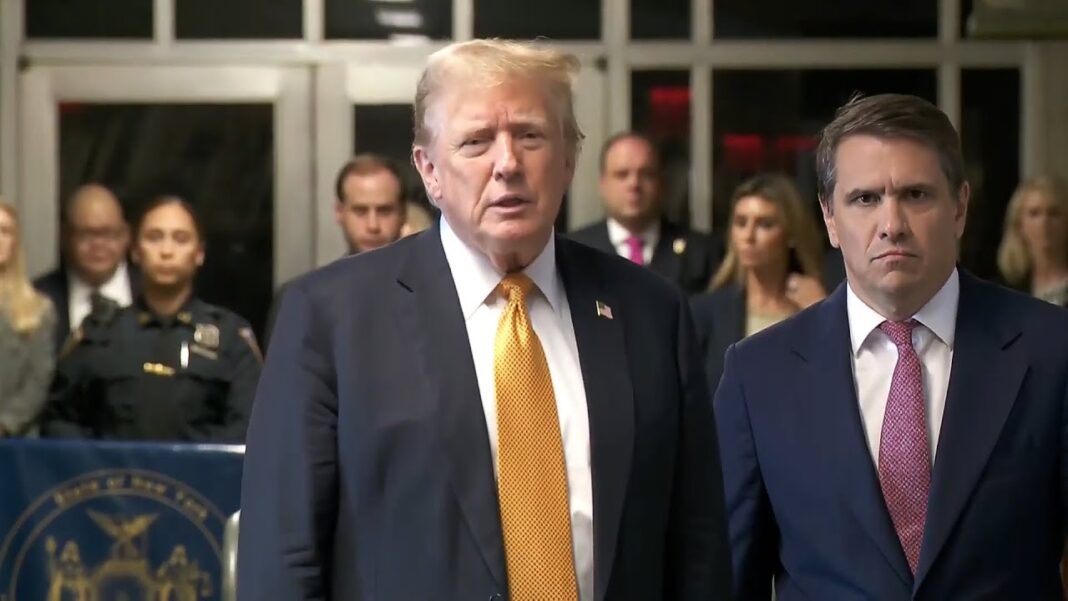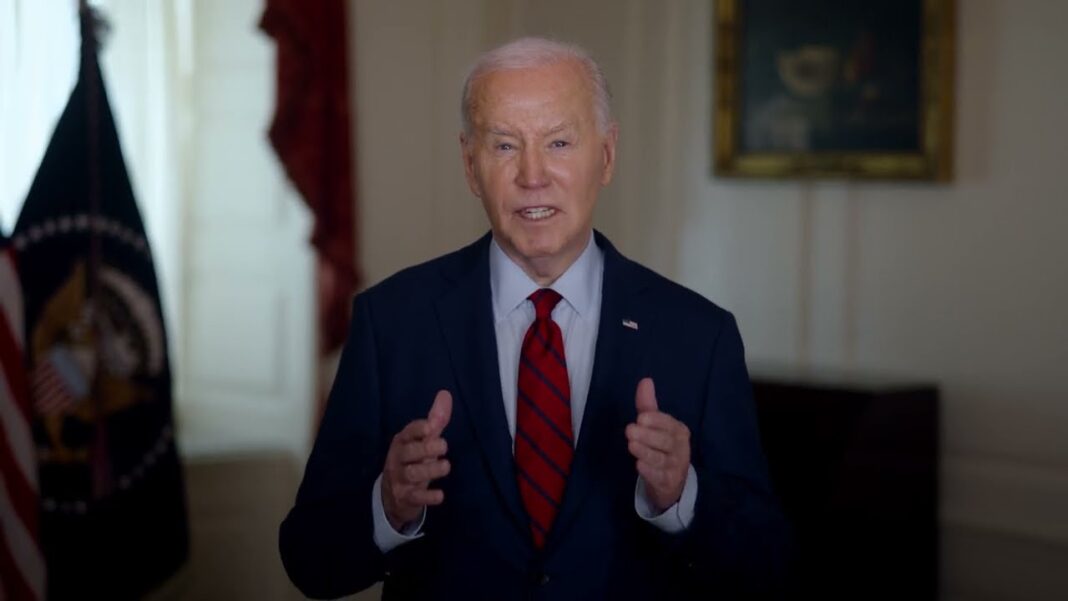To limit and undo that damage and restore the rule of law, Republicans may have no choice but to respond in kind.
Now that the jury holds the fate of former president Donald Trump in its hands, we can pause to more broadly assess the meaning of his trials. Observers (this one included) have followed every cross-examination tactic and surprise witness but at the cost of overlooking the trial’s larger blow to our political and constitutional norms.
In the short term, polls suggest that even a guilty verdict will have little effect on Trump’s political standing. A Quinnipiac poll reports that a conviction would make only 6 percent of self-identified Trump voters less likely to vote for him. With Trump wrapping up the Republican nomination during his prosecution and leading in polls nationally and in six of the seven battleground states, the trials may have even helped him politically (though they might cost him in the general election).
Part of the blame for this rests with the Democrats who brought such farcical charges to knock Trump out of the race. Win or lose, the weakness of the New York hush-money trial has put Manhattan district attorney Alvin Bragg’s partisan motives on full display. He focused the trial on the salacious details of the encounter between Trump and Stephanie Clifford (the real name of pornographic-film actress Stormy Daniels), which had almost no relevance to the actual legal charges. For example, seemingly to besmirch Trump’s character, prosecutors spent time asking whether Clifford had seen Trump in bed in his underwear — he is such a bad man that he must be guilty of something, the DA wants the jury to conclude.
Meanwhile, prosecutors left the legal charges unconstitutionally vague. They elevated a claim of bookkeeping fraud, usually a misdemeanor, into a felony with serious jail time by claiming that accounting shenanigans had enabled some greater crime. Prosecutors never made clear that other crime. They have implied that Trump’s $150,000 nondisclosure agreement with Clifford amounted to an illegal campaign contribution, even though Trump surely would have paid for Clifford’s silence regardless of whether he was running for office (the test for determining what is a campaign expenditure). To make the case even weaker, the Supreme Court has held that the Constitution prohibits state officials from enforcing federal laws — that authority resides only with the president, the attorney general, and the federal agencies.
By John Yoo








